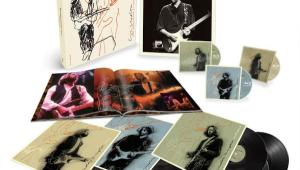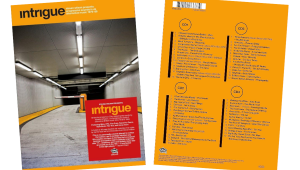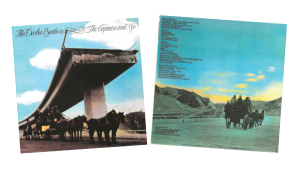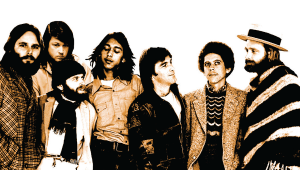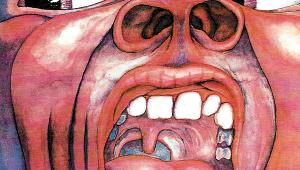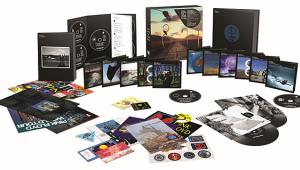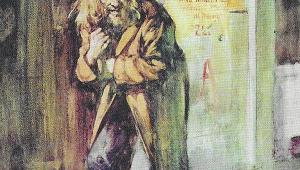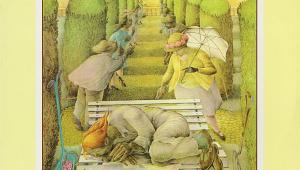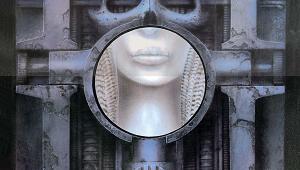CD Review: Rush Page 2

"The Larger Bowl" dials it back with an acoustic intro that gets doubled on the second verse, with the song's scaled-down vibe recalling that of Power Windows' "Emotion Detector" (1985) and Hold Your Fire's "Second Nature" (1987). The chorus is understated, emphasizing control, not virtuosity. Things pick back up with "Spindrift," a cauldron of tension that burbles with a doom riff that Black Sabbath's Tony Iommi would love. "Spindrift" also shows that Lee is at the top of his vocal game - and light-years removed from the high pitch that some observers still seem to think is his hallmark.
Then we get to the first of three instrumentals. "The Main Monkey Business" amps up the proceedings further after the album's mostly deliberate, measured start. It's a classic power-trio jam with all sorts of shifts in tempo and time - in other words, the kind of thing that'll be great to hear performed live. Two tracks after that comes "Hope," a one-take acoustic Lifeson showcase that clocks in at just over 2 minutes. Four tracks later rumbles in the cheekily named "Malignant Narcissism" (Team America: World Police fans will recognize its origin), with Lee's percolating bass leading the charge. But the song is over in just 2:17, ending a bit quicker than expected or desired; concise, yes, but it could have used some breathing room.
Believe it or not, you get some blues riffology on "The Way the Wind Blows," as Lifeson does his best Eric Clapton on the intro and the solo - and it totally works. The frame for "Blows" most likely benefited from some of the cover choices on 2004's Feedback EP - songs like "The Shapes of Things" and "Crossroads." (And kudos to Peart for his muted lead-in to Lifeson's intro and the rhythm section's slide into a pure support role during the solo. Watch out, Double Trouble!)
The second half of the record examines belief systems. "Faithless" serves as, perhaps, a counterpoint to the mystical convictions put forth in the title track of Roll the Bones (1991) and Test for Echo's "Totem" (1996), and Lee's prominent bassline takes charge of the groove. "Bravest Face" picks up the thread, with Lifeson's off-kilter acoustic line isolated in the left channel during the verses. The song's brief, jazzy solo is another marvel. (You know, I'm hard-pressed to find the axeman ever repeating himself song to song or album to album.) The intro to "Good News First" sets the stage for Lee's unsettled vocals to start swirling around in a vacuum, before the determined "We Hold On" closes out the disc strongly. The last note is fittingly left to Peart, whose final cymbal crash resonates to the fadeout.
Snakes & Arrows shows Rush continuing to do its own thing with style and panache and without fear or apology. The Rush cult sure has some mean, mean pride, and membership has its privileges. Your ears should join in if they haven't already.
Postscript: Snakes & Arrows is also available on MVI, with a surround mix and a making-of documentary. For a review, click here.
more Entertainment reviews Back to Homepage What's New on S&V
- Log in or register to post comments
